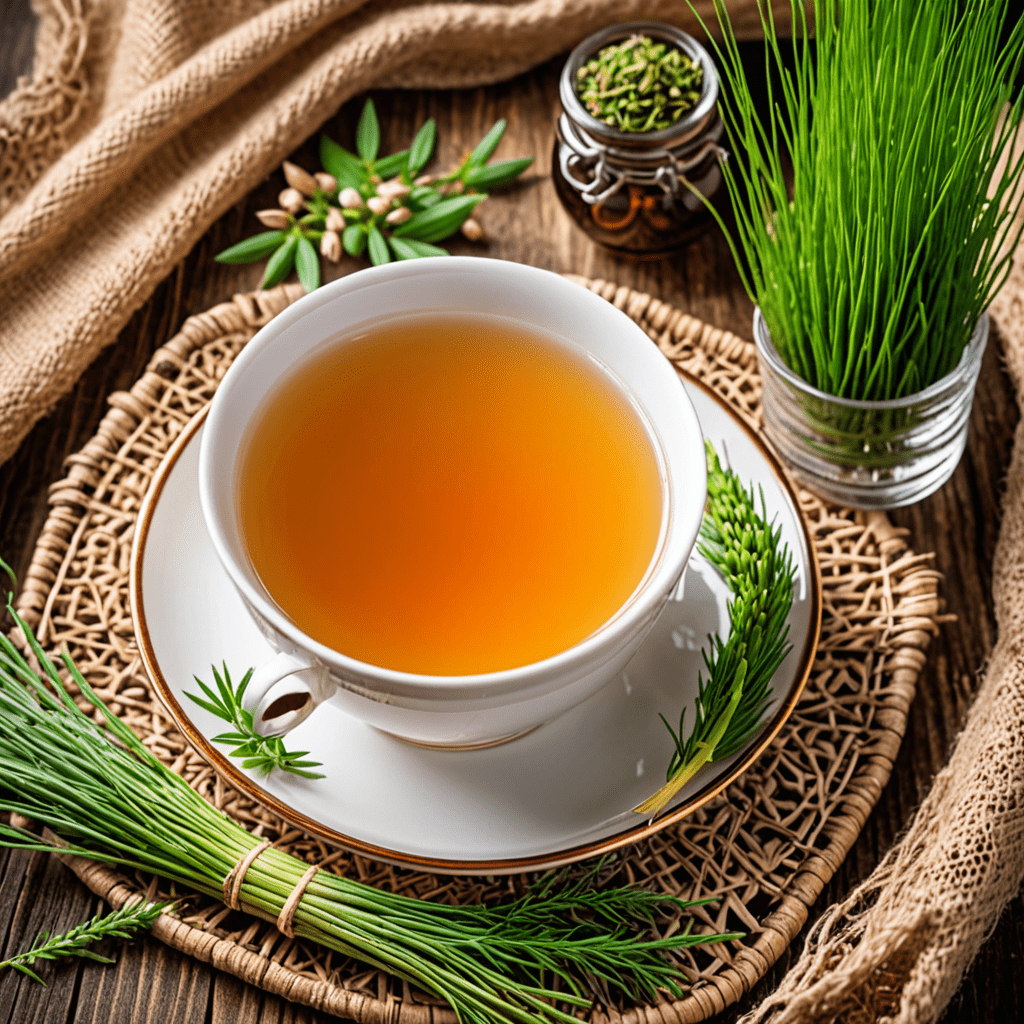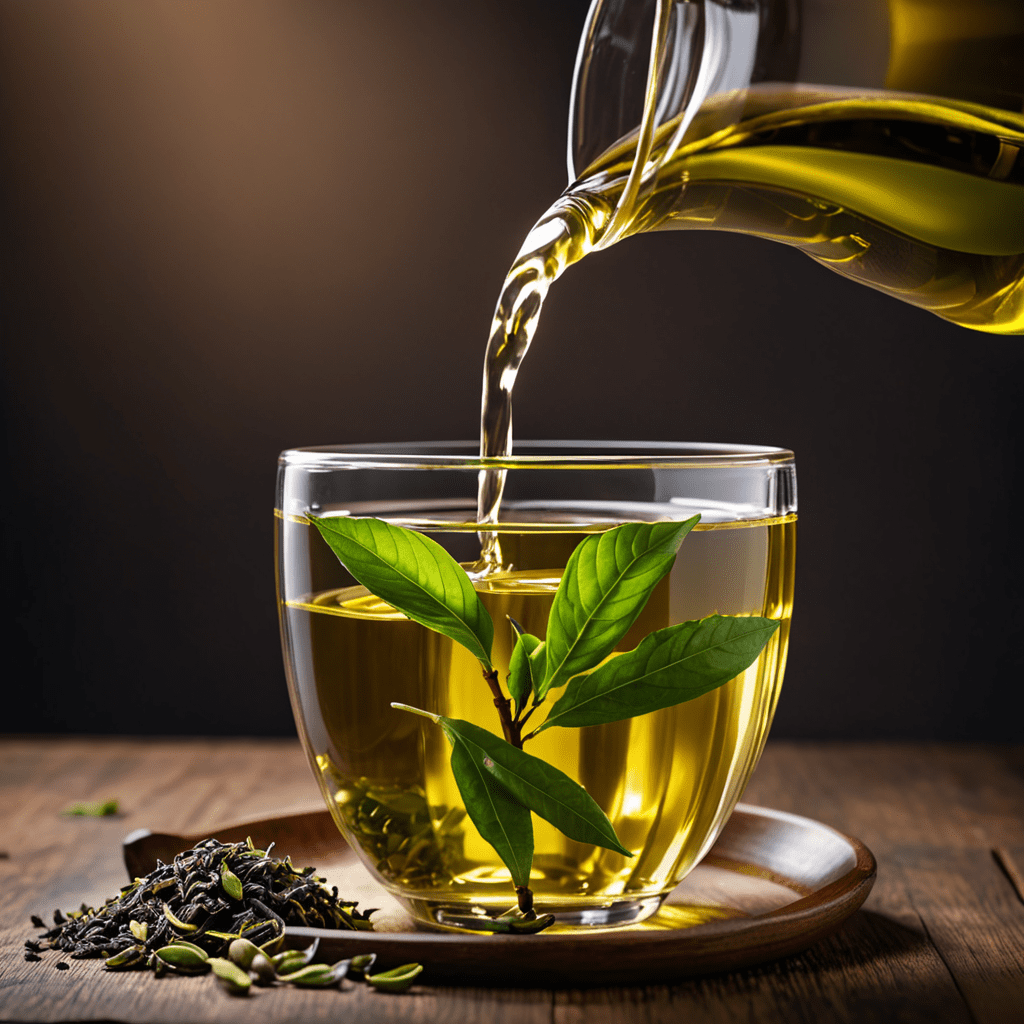Assam Tea: The Cultural Significance in Every Cup
Introduction: Assam Tea – A Taste of History and Heritage
Assam tea, a name synonymous with robust flavor and rich aroma, is more than just a beverage. It is an integral part of the cultural fabric of Assam, a state in northeastern India. With a history dating back centuries, Assam tea has played a pivotal role in shaping the region's identity, economy, and traditions. In every cup of Assam tea, we taste not just a drink but a legacy of culture and heritage.
The Tea Gardens of Brahmaputra Valley: A Landscape of Beauty and Tradition
The Brahmaputra Valley in Assam is the heartland of tea cultivation. Here, amidst the lush greenery and misty hills, stretch endless tea gardens, creating a picturesque landscape. The tea bushes, meticulously planted in rows, cover vast tracts of land, forming a verdant tapestry that is a testament to the hard work and dedication of generations of tea workers. The tea gardens are not just places of cultivation but also communities in themselves, with schools, hospitals, and housing for the workers, fostering a sense of belonging and shared purpose.
The Craft of Assam Tea: From Leaf to Cup, a Journey of Skill
Creating Assam tea is a delicate art, a journey of transformation from leaf to cup that requires skill, patience, and unwavering passion. The tea pluckers, mostly women, deftly harvest the tender leaves, ensuring that only the finest quality is selected. The leaves are then processed through a series of steps, including withering, rolling, oxidation, and drying. Each step is meticulously controlled to bring out the unique characteristics of Assam tea – its full-bodied flavor, malty aroma, and brisk astringency. The result is a tea that is not just a drink but a symphony of flavors and aromas, a testament to the artistry of the tea makers.
Beyond the Plantation: Assam Tea in the Daily Life
Assam tea is not confined to the tea gardens. It is an intrinsic part of Assamese daily life. In homes across the state, the day begins with a steaming cup of tea, a ritual that sets the tone for the day ahead. Tea is an essential component of social gatherings, weddings, and festivals, a way to connect with others and celebrate life's moments. The chaporis, traditional tea sellers, are a common sight in Assam, their carts laden with freshly brewed tea, ready to refresh and invigorate passersby. They are not just vendors but storytellers, keepers of local lore and culture, who bring the world of tea to every doorstep.
The Chaporis: Tea Sellers, Storytellers, and Keepers of Culture
The chaporis, the tea sellers of Assam, are more than just purveyors of a beverage. They are cultural ambassadors, storytellers, and keepers of tradition. Their carts are not just places of business but social hubs, where people gather to exchange news, share stories, and connect with each other. The chaporis are experts in the art of tea making, having inherited their skills through generations. They know the perfect balance of tea leaves, milk, and sugar, creating a brew that is both refreshing and comforting. Their presence in every nook and corner of Assam ensures that the tradition of tea drinking remains vibrant and alive.
Assam Tea in Rituals and Festivals: A Symbol of Celebration and Connection
Assam tea is not just a beverage but a symbol of celebration and connection in Assamese culture. During festivals like Bihu, Rongali Bihu, and Kati Bihu, tea plays a central role. In traditional weddings, the bride and groom are offered a special blend of tea called 'boriali', a symbol of their union and future happiness. Tea is also an integral part of religious ceremonies, offered to deities as a sign of respect and devotion. It is believed that the aroma of Assam tea has the power to purify the mind and body, making it a sacred part of many spiritual rituals.
Economic Importance: Assam Tea as a Source of Livelihood and Pride
The tea industry is the backbone of Assam's economy, providing employment to millions of people. Large tea estates, small-scale gardens, and individual farmers all contribute to the production of this prized commodity. Tea auctions held in Guwahati are a major event in the industry, attracting buyers from all over the world. Assam tea is a source of pride for the state, its reputation for quality and flavor recognized globally. The tea industry has not only brought economic prosperity but also shaped the social and cultural landscape of Assam.
The Health Benefits of Assam Tea: A Tradition of Natural Healing
Assam tea is not just a delicious beverage but also a traditional source of natural healing. It is rich in antioxidants, which help protect the body against free radical damage. Studies have shown that Assam tea can boost immunity, improve digestion, and reduce the risk of chronic diseases such as heart disease and cancer. The anti-inflammatory properties of Assam tea make it beneficial for conditions like arthritis and joint pain. Many Assamese households use Assam tea as a home remedy for various ailments, a testament to its healing powers.
Assam Tea and Ecology: Sustainable Cultivation and Environmental Conservation
Assam tea cultivation is closely intertwined with the ecology of the region. Tea gardens are often located in areas with rich biodiversity, providing a habitat for a variety of flora and fauna. The industry recognizes the importance of sustainable practices, implementing measures to reduce environmental impact. Many tea estates have adopted organic farming methods, using natural fertilizers and pest control techniques. Soil conservation and water management practices are also followed to ensure the long-term health of the tea growing regions. By balancing economic growth with environmental conservation, the Assam tea industry strives to create a sustainable future.
Conclusion: Assam Tea – A Cultural Legacy to be Cherished
Assam tea is more than just a drink. It is a cultural legacy, steeped in history, tradition, and the unique identity of Assam. From the tea gardens of Brahmaputra Valley to the cups shared in homes and social gatherings, Assam tea weaves its way through every aspect of Assamese life. It is a beverage that nourishes the body, soul, and economy. Its distinct flavor and aroma have earned it global recognition, but it is the cultural significance of Assam tea that truly sets it apart. It is a legacy to be cherished and passed down to generations to come, a symbol of Assam's rich heritage and enduring spirit.
FAQ
- What is Assam tea?
Assam tea is a black tea grown in the Brahmaputra Valley of Assam, India. It is known for its full-bodied flavor, malty aroma, and brisk astringency.
- What makes Assam tea unique?
Assam tea is unique due to its rich flavor and aroma, which is a result of the specific soil and climate conditions of the Brahmaputra Valley. The tea is also grown using traditional methods, which have been passed down through generations.
- What are the health benefits of Assam tea?
Assam tea is rich in antioxidants, which have been shown to boost immunity, improve digestion, and reduce the risk of chronic diseases. It also has anti-inflammatory properties, which can be beneficial for conditions like arthritis and joint pain.
- How is Assam tea cultivated?
Assam tea is cultivated in tea gardens located in the Brahmaputra Valley. The tea plants are grown in rows, and the leaves are harvested by hand. The leaves are then processed through a series of steps, including withering, rolling, oxidation, and drying, to create the finished tea.
- What is the economic importance of Assam tea?
The tea industry is the backbone of Assam's economy, providing employment to millions of people. Assam tea is sold both domestically and internationally, and it is one of India's most important exports.


